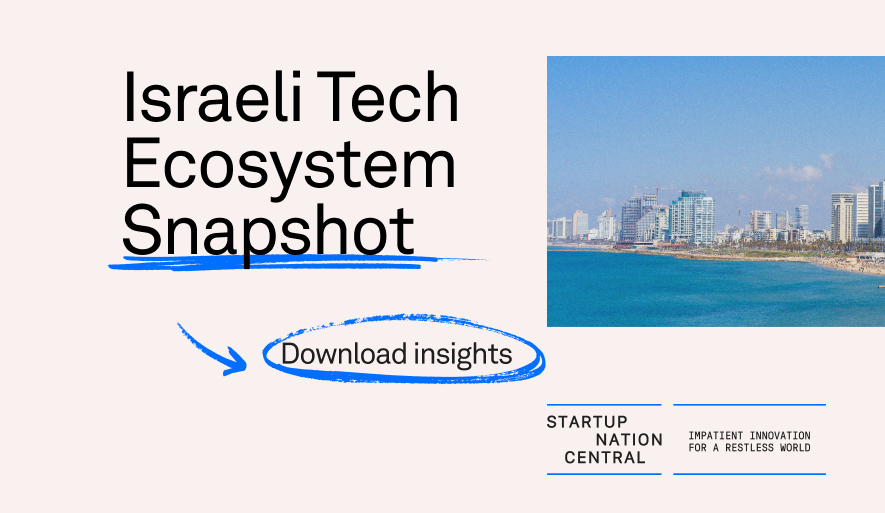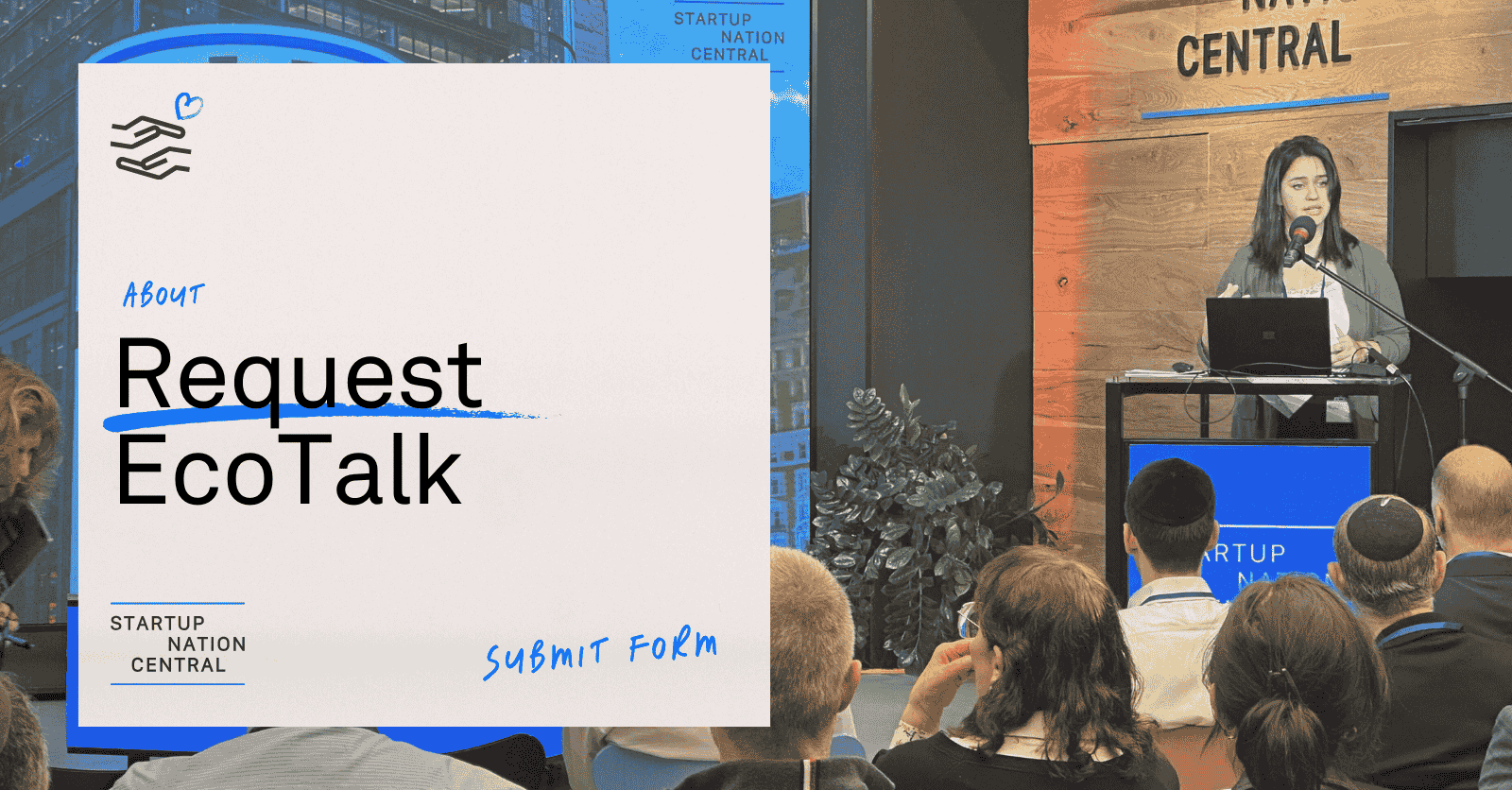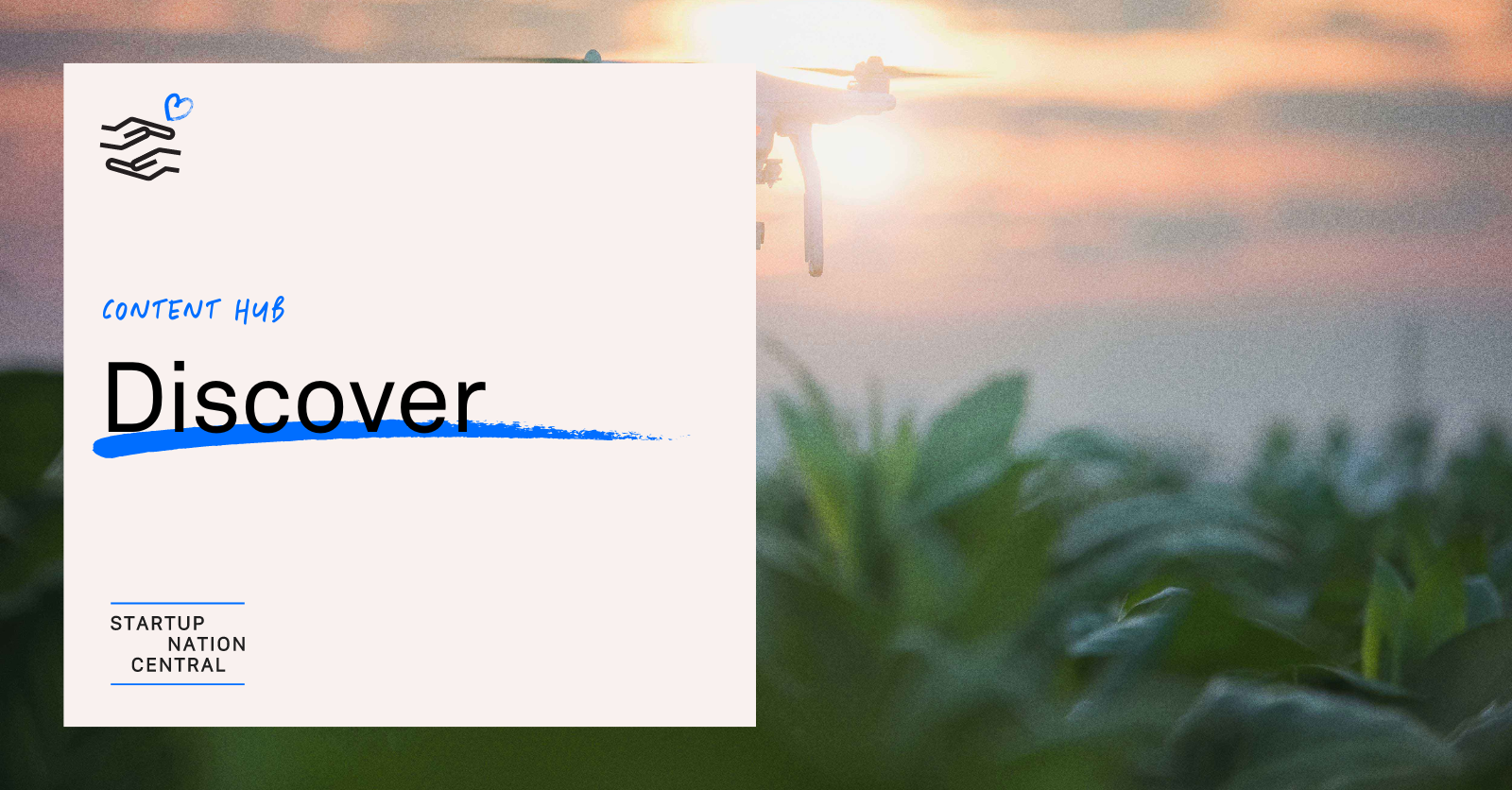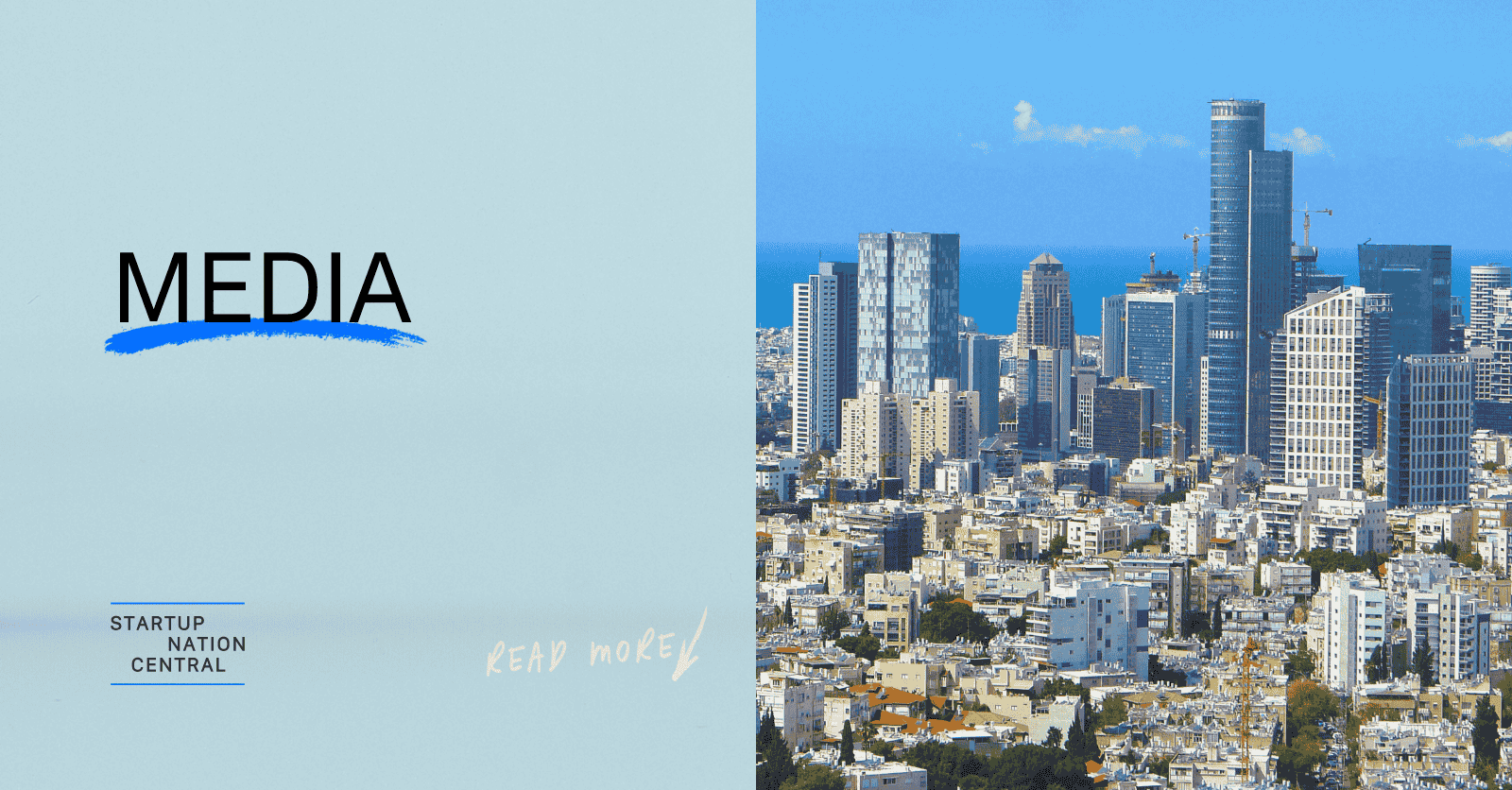Health Tech Companies to Watch in 2025
Health Tech
The healthcare and health tech sectors are facing significant challenges. Declining margins, systemic inefficiencies, fragmented practices, and outdated care models plague the system. A critical shortage of skilled workers, driven by unsustainable workloads and widespread burnout, worsens the situation. Drug and device R&D faces parallel struggles: escalating costs, complex regulations, lengthy approvals, and looming patent cliffs. Yet, the need for innovative therapies, improved diagnostics, and enhanced care has never been greater.
Technology offers a vital pathway to addressing these urgent challenges.
AI’s transformative potential is clear, impacting industries worldwide. While healthcare has been slower to adopt, the mounting pressures are forcing a shift. The sector desperately needs to become more affordable and efficient, from R&D to patient care. Technology, and particularly areas where Israel excels, offers a vital pathway.
We surveyed healthcare professionals, health tech insiders, and investors to learn which technologies they believe are the most promising for 2025. The responses were wide-ranging, but several clear trends stood out. Based on input from 490 respondents, including 113 healthcare professionals and 115 investors, we identified a group of Israeli companies that are shaping the future of healthcare through highly relevant and innovative solutions.
Below is a list of the ten most frequently mentioned companies, along with a link to the complete watchlist of 45 companies that received at least three votes. Each company is categorized by solution type, reflecting the key areas of transformation across the health tech landscape.
Top 10 Health Tech Companies to Watch in 2025
- ATLASense Biomed
- EyeControl
- AISAP
- Remepy
- RealizeMD
- Predicta Med
- Feminai
- Eleos Health
- NeuroKaire (Genetika+)
- Effectivate
Access the Top 10 Israeli Companies to Watch in 2025 list here
Explore all 45 companies on the full watchlist here
Automation & Decision Support
One crucial area where Israeli innovation is making a real difference is in automation and decision support. Think about it: Healthcare professionals are constantly bombarded with data, making it challenging to synthesize information and make the best decisions quickly. AI-powered tools can step in here, automating routine tasks like analyzing medical images or monitoring patient vital signs, freeing up clinicians to focus on more complex cases.
These systems can also provide valuable decision support by flagging potential risks, suggesting treatment options, and even personalizing care plans based on individual patient data. This not only improves efficiency but also has the potential to significantly enhance patient outcomes by reducing errors and ensuring more timely interventions. Israeli companies are at the forefront of developing these cutting-edge solutions, and we’ll be showcasing some of the most promising examples.
“In-House Health has developed, in collaboration with Assuta, an AI-based platform analyzing the hospital’s data to predict hospitalization complexity and workloads and suggest nurse shift placements. The platform has the potential to reduce staff burnout by predicting every shift’s requirements more accurately and improve patient care as a result. It streamlines and simplifies the managerial process of shift scheduling, reducing the mental load of nurse managers.The collaboration is a great example of Israeli innovation – great technology and entrepreneurial minds, combined with innovative clinical sites and a “move-fast” mindset create solutions that improve healthcare worldwide.”
Gidi Leshetz, Chief Executive Officer, Assuta Medical Centers
Remote Solutions
The COVID-19 pandemic dramatically accelerated the adoption of remote healthcare solutions. Driven by the need to reduce costs and improve efficiency, providers are actively exploring alternative care models that shift treatment outside of traditional hospital settings and into the home. This trend aligns perfectly with the rapid advancements in AI, which are making telehealth and remote solutions more automated and less demanding of provider resources.
The combination of these two powerful forces—the push for out-of-hospital care and the rise of AI-driven automation—is driving the continued growth and implementation of remote healthcare technologies. Israeli companies are playing a key role in this evolution, developing innovative solutions that make remote care more accessible, efficient, and effective.
“GenAI will become an integral part of how administrative and operational aspects of healthcare are being run. It will not only reduce costs but also help tackle the high workforce attrition which is a major concern in the industry. Companies such as Eleos Health that are building an end-to-end care operations platform for behavioral health, demonstrate how the right use case combined with a strong business model could create the next wave of successful health tech ventures.”
Roy Wiesner, Partner, aMOON Fund
Precision Medicine
Precision medicine, which tailors medical treatments to individual patients based on their unique genetic makeup, environment, and lifestyle, holds immense promise. By taking a personalized approach, it offers the potential for more effective and safer treatments, targeted prevention strategies, and ultimately, improved health outcomes for both individuals and populations. The diagnostics sector, a cornerstone of precision medicine, is poised for a revolution driven by AI technologies. Breakthroughs in areas like liquid biopsy and precision diagnostics could attract significant investment, provided that regulatory and reimbursement challenges are successfully navigated.
Israeli companies are actively contributing to this exciting field, developing innovative diagnostic tools and AI-powered platforms that are paving the way for more personalized and precise healthcare
Health Data Management and Security
The increasing digitization of healthcare has made robust cybersecurity absolutely paramount. Protecting sensitive patient data across pharmaceuticals, medical device development, and digital health tools is no longer a luxury but a necessity. These solutions are crucial not only in R&D and clinical trial settings but also within operational Electronic Medical Records (EMRs) that support the daily work of healthcare providers, ensuring patient data safety without compromising efficiency.
Israel possesses a wealth of healthcare data, thanks to the early digitization of health records and the comprehensive nature of its HMO system. This unique breadth and depth of medical data has, in turn, fueled the development of innovative data management solutions. Companies like MDclone and LynxMD, along with collaborations with healthcare systems like YonaLink, exemplify this innovation. Furthermore, Israel’s strong foundation in cybersecurity provides a critical advantage in protecting these sensitive records. This expertise is essential for building trust and ensuring the responsible use of patient data in the rapidly evolving landscape of digital health.
“AI, in collaboration with healthcare professionals, has the potential to accelerate progress in the industry, making treatment more personalized, reducing burnout, decreasing workloads, addressing workforce shortages, and improving accessibility to healthcare services. One example is DAX Copilot, which is an Ambient Clinical Assistant solution that is designed to alleviate these issues by reducing the time doctors spend on clinical documentation. This AI-powered tool securely listens to conversations between patients and doctors and transcribes them, generating a visit summary for the doctor’s review and approval. Already in use in hundreds of healthcare systems in the U.S., it helps prevent burnout, reduces workload, and addresses the shortage of medical professionals by allowing doctors to spend more time with patients, focusing on examination and treatment rather than on the computer.”
Hadas Bitran, Partner GM, Health AI, Microsoft Health & Life Sciences
New Therapies
Patent expirations are driving a critical need for novel therapeutic agents, prompting global pharmaceutical companies to actively seek promising drug candidates. Israel offers a compelling combination of assets that position it as a prime location for exploring these new therapies.
Beyond attracting investment from companies seeking to replenish pipelines, Israel is home to innovative companies developing cutting-edge solutions. These include not only novel drug combinations, such as digital-physical therapies like those from Remepy, but also platforms that automate drug discovery and streamline research processes. This focus on process improvement, alongside breakthroughs in AI-driven protein design (exemplified by platforms like AlphaFold2), is revolutionizing drug development. The resulting custom antibodies and tailor-made proteins hold immense potential to transform treatment, particularly in areas like oncology. This confluence of factors creates a unique opportunity for groundbreaking therapeutic innovation
Value-Based Care Solutions
Israel’s universal healthcare system, with its emphasis on value-based care, offers a unique testing ground for solutions that can address the global shift away from fee-for-service models.
“AI in operations is a pivotal trend as healthcare systems strive to reduce costs while improving quality. By automating processes like documentation and supply chain management, AI can significantly cut administrative burdens, improve accuracy, and enable providers to focus on patient care.Israeli companies are uniquely positioned to lead this transformation. The country’s close-knit collaboration between tech companies, healthcare providers, and academic institutions fosters rapid development and real-world testing of innovative solutions. For instance, FeelBetter is advancing medication optimization through AI-driven insights, while Nym automates medical billing with unparalleled precision, showcasing how Israeli startups are redefining operational efficiency in healthcare across multiple fronts and use cases.”
Eran Lerer, Managing Partner, CEO, Shoni Health Ventures
Unlike systems that prioritize volume, Israel’s model incentivizes positive patient outcomes, as healthcare providers and payers are financially motivated to keep members healthy and reduce healthcare expenses. This inherent focus on prevention has naturally fostered a culture of innovation in value-based care solutions within Israel. However, the transition to value-based care in other markets is often complex and challenging. The fragmented and diverse nature of these markets can make it difficult for Israeli VBC solutions to gain traction. This section will explore how Israeli companies are adapting their innovative approaches to meet the specific needs of these diverse markets, contributing to the global evolution of value-based care.
Novel Devices
Israel’s surgical device sector is experiencing a surge of innovation, driven by increased investment in 2024. This influx of capital is empowering Israeli companies to develop groundbreaking surgical technologies, addressing critical needs in operating rooms worldwide. From advanced robotics and AI-powered surgical navigation systems to minimally invasive tools and smart implants, these innovations are transforming surgical procedures. The combination of world-class engineering talent, cutting-edge research, and robust funding positions Israel at the forefront of surgical device development, promising to improve patient outcomes, reduce recovery times, and revolutionize the future of surgery.
Key Challenges in Healthcare
1. Operational Inefficiencies and Rising Costs
Healthcare organizations are under pressure as traditional cost-cutting strategies, such as raising prices, reach their limits. Real efficiency now requires a deeper transformation that includes rethinking workflows, modernizing infrastructure, and using tools like AI to streamline operations. From claims processing to supply chain and HR, every administrative layer presents opportunities for improvement.
2. AI Maturity and Process Automation
AI is evolving from early-stage excitement into scalable enterprise solutions that deliver real value across clinical, operational, and research functions. Large Language Models are particularly useful for automating documentation, scheduling, and claims validation, helping reduce the administrative burden on staff.
3. Workforce Shortages and Burnout
The shortage of healthcare professionals continues, and burnout is rising. Technology can help by reducing repetitive tasks and improving efficiency across the system.
4. Transition to Value-Based Care
Israel’s health system already operates within a value-based care model. As the U.S. and other markets shift away from fee-for-service, Israeli companies are well positioned to offer tested solutions that prioritize outcomes and control costs.
5. Innovation Costs in Pharma and MedTech
The cost and time required to develop drugs and medical devices remain high. Startups are stepping in with tools that accelerate early research, candidate validation, and trial management, especially through AI and automation in labs and preclinical environments.
6. Regulatory and Market Access Hurdles
Navigating compliance, regulatory approval, and reimbursement remains complex. Startups that can streamline these pathways or build compliant tools have a clear market opportunity.
7. Integration and Interoperability
Digital transformation is often slowed by outdated systems and fragmented data. Providers need better ways to integrate new technologies and devices, and AI can support this process across operations and care delivery.
8. Cybersecurity Threats
As more health data goes digital, strong cybersecurity is essential. All stakeholders, including pharma companies, device makers, payers, and providers, must protect sensitive data and ensure compliance across multiple jurisdictions.
9. Personalized Medicine and Smart Devices
AI and digital health are making medical devices smarter and more tailored to individual needs. This shift is powering a new wave of personalized care solutions and transforming how patients are diagnosed and treated.
Looking Ahead
The challenges facing global healthcare systems are serious and growing. But as this year’s watchlist shows, Israeli innovators are meeting them with urgency, creativity, and a focus on real-world impact. From automation that reduces administrative overload to remote care that expands access and AI tools that drive personalization, these companies are changing how care is delivered and managed.
Israel’s health tech ecosystem is uniquely positioned to lead this transformation. Strong collaboration between startups, healthcare providers, academic institutions, and government creates an environment where bold ideas can move quickly from concept to clinical use. As more countries shift toward value-based care and invest in smarter, more efficient systems, the technologies coming out of Israel are becoming increasingly relevant on the global stage.
In a time when healthcare needs to be more accessible, affordable, and effective, the companies featured here are not just ones to follow. They are helping build the future of health.


 Tech Ecosystem
Tech Ecosystem Human Capital
Human Capital Focus Sector
Focus Sector The Health Network
The Health Network
 Business Opportunities
Business Opportunities Investment in Israel
Investment in Israel Innovation Diplomacy
Innovation Diplomacy Leadership Circle
Leadership Circle

